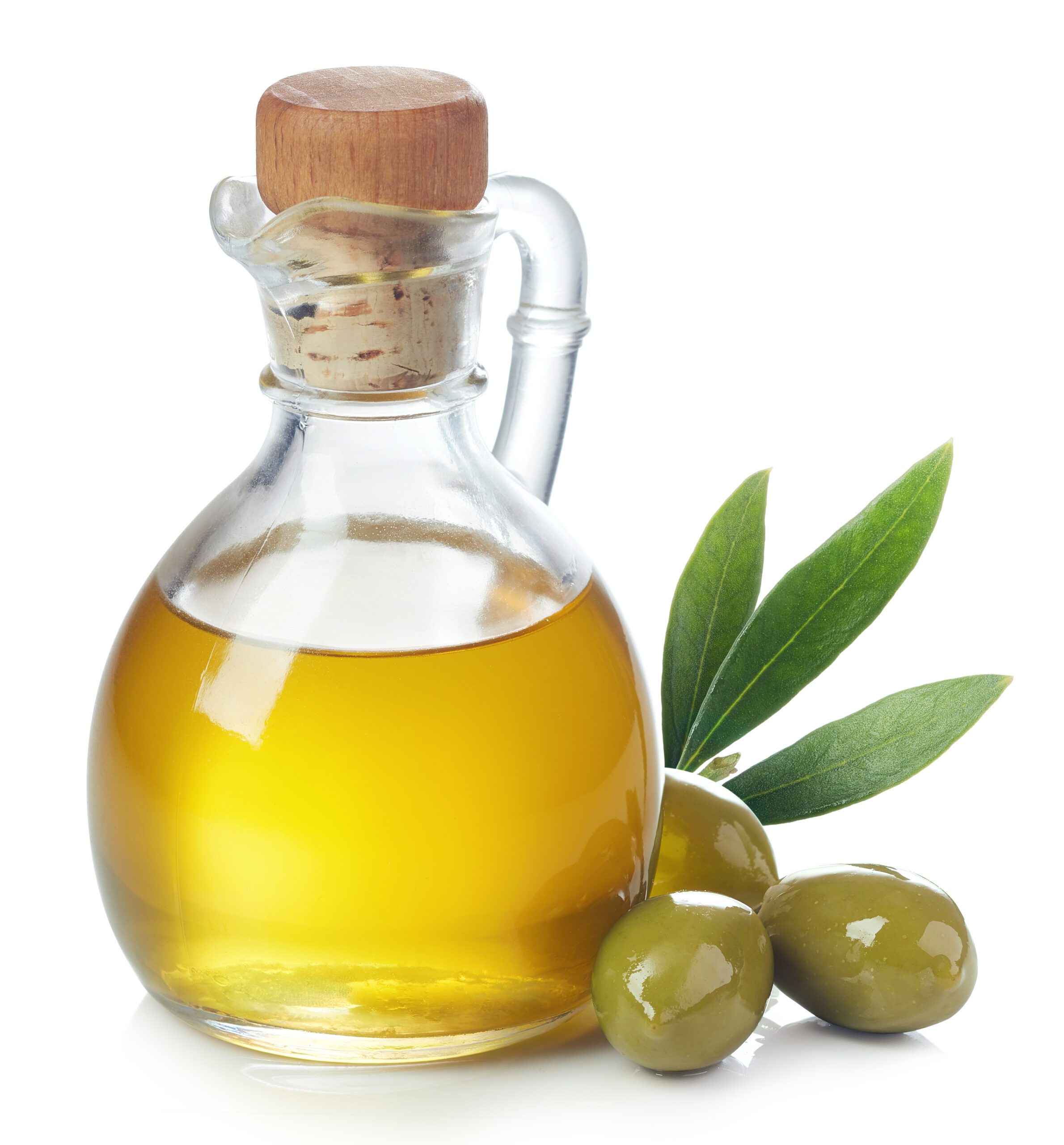The Olive Oil Controversy: Unveiling the Truth Behind Your Kitchen Staple
December 11, 2024
 443
443 
In recent years, the quality and authenticity of olive oil have come under scrutiny, with shocking revelations about widespread fraud in the industry. A groundbreaking episode of the popular news program “60 Minutes” shed light on this issue, exposing a disturbing trend of adulteration in many well-known olive oil brands
The “60 Minutes” team delved deep into the world of olive oil production, particularly focusing on Italy, where the problem is especially prevalent. They discovered that a significant portion of olive oil labeled as “extra virgin” and “100% Italian” was, in fact, far from it
The investigation revealed that many popular brands were selling products that were actually mixtures of low-quality olive oils or even cheap seed oils with added dyes and flavorings to mimic the characteristics of genuine extra virgin olive oil
According to the report, several well-known brands failed to meet the standards for extra virgin olive oil. These included:
Seed oils often contain various additives to improve their stability, shelf life, and appearance. The most common additives found in seed oils include:
Synthetic antioxidants are frequently added to seed oils to prevent oxidative damage and extend shelf life. The most common synthetic antioxidants include:
These synthetic antioxidants have been classified as potential carcinogens and are banned as additives in some countries
Hexane is a petroleum-based solvent commonly used in the extraction process of seed oils. While most of the hexane is supposed to evaporate during processing, trace amounts may remain in the final product
Some manufacturers are exploring the use of natural additives to improve oil quality:
These natural additives may help stabilize the oils and provide antioxidant properties without the potential health risks associated with synthetic additives.It’s important to note that the presence and amounts of these additives can vary depending on the specific oil and manufacturing process. Consumers concerned about additives may want to choose cold-pressed or unrefined oils, which typically undergo less processing and contain fewer additives.
Interestingly, amidst the sea of failed brands, Kirkland Organic emerged as one of the few that passed the test and was certified as genuine extra virgin olive oil
The revelation that some “olive oils” contain cheap seed oils brings us to another controversial topic in the world of cooking oils: the debate over seed oils themselves.
In recent years, seed oils have been the subject of intense debate in nutrition circles. Some claim they are harmful to health, while others argue they can be part of a healthy diet
Critics argue that seed oils are:
On the other hand, proponents and many nutrition experts argue that:
The impact of omega-6 fatty acids from seed oils on overall health has been a subject of debate in the scientific community. While some concerns have been raised, current research generally supports the health benefits of moderate omega-6 consumption.
Omega-6 fatty acids, particularly linoleic acid (LA), have shown positive effects on cardiovascular health:
However, some conflicting evidence exists:
The relationship between omega-6 fatty acids and inflammation is complex:
Omega-6 fatty acids influence various metabolic factors:
While the evidence is mixed, current research generally supports the health benefits of moderate omega-6 consumption. The key lies in maintaining a balance between omega-6 and omega-3 fatty acids and consuming them as part of a varied, whole-food-based diet. As with all fats, moderation is crucial, as excessive intake can lead to an imbalance in calorie consumption
It’s important to note that more research is needed to fully elucidate the effects of omega-6 PUFAs on cardiometabolic outcomes, as some studies have shown heterogeneous results
While the olive oil scandal highlights the need for greater transparency and regulation in the food industry, it’s important to approach the seed oil debate with nuance. The key lies in moderation and context
When it comes to olive oil, look for reputable brands and certifications. For seed oils, consider their place in your overall diet. Used in moderation for home cooking, they can be part of a healthy eating pattern
Remember, the most significant impact on your health comes from your overall dietary pattern, not from single ingredients. Focus on a diet rich in whole foods, including a variety of fruits, vegetables, lean proteins, and whole grains, and you’ll be on the right track to good health.
References:
https://www.massgeneral.org/news/article/seed-oils-facts-myths
https://pmc.ncbi.nlm.nih.gov/articles/PMC7520389/
https://www.levels.com/blog/the-ultimate-guide-to-seed-oils-and-metabolic-health
https://denversportsandholisticmedicine.com/blog/the-ugly-truth-about-seed-oils-and-5-healthy-alternatives

A new study suggests that a widely used sugar substitute found in diet sodas, chewing gum, and low-sugar yogurt may elevate insulin levels. This could increase the long-term risk of heart disease. “Artificial sweeteners have infiltrated nearly all types of food, making it crucial to understand their long-term health effects,” said Yihai Cao, senior author […]

Diet Coke has long been a fan-favorite among soda lovers who want a fizzy, guilt-free alternative to traditional soft drinks. While its zero-calorie, zero-sugar label makes it seem like a healthier option, the reality is far more concerning. Despite its undeniable popularity, Diet Coke’s nutritional profile has raised red flags among health experts for years. […]

New study shows that embracing an anti-inflammatory, plant-forward diet can support cognitive function and help reduce the risk of dementia. What You Eat Shapes Your Brain The food you eat doesn’t just impact your body—it also affects your brain. Research suggests that eating an anti-inflammatory, plant-based diet can help improve memory, focus, and overall brain […]